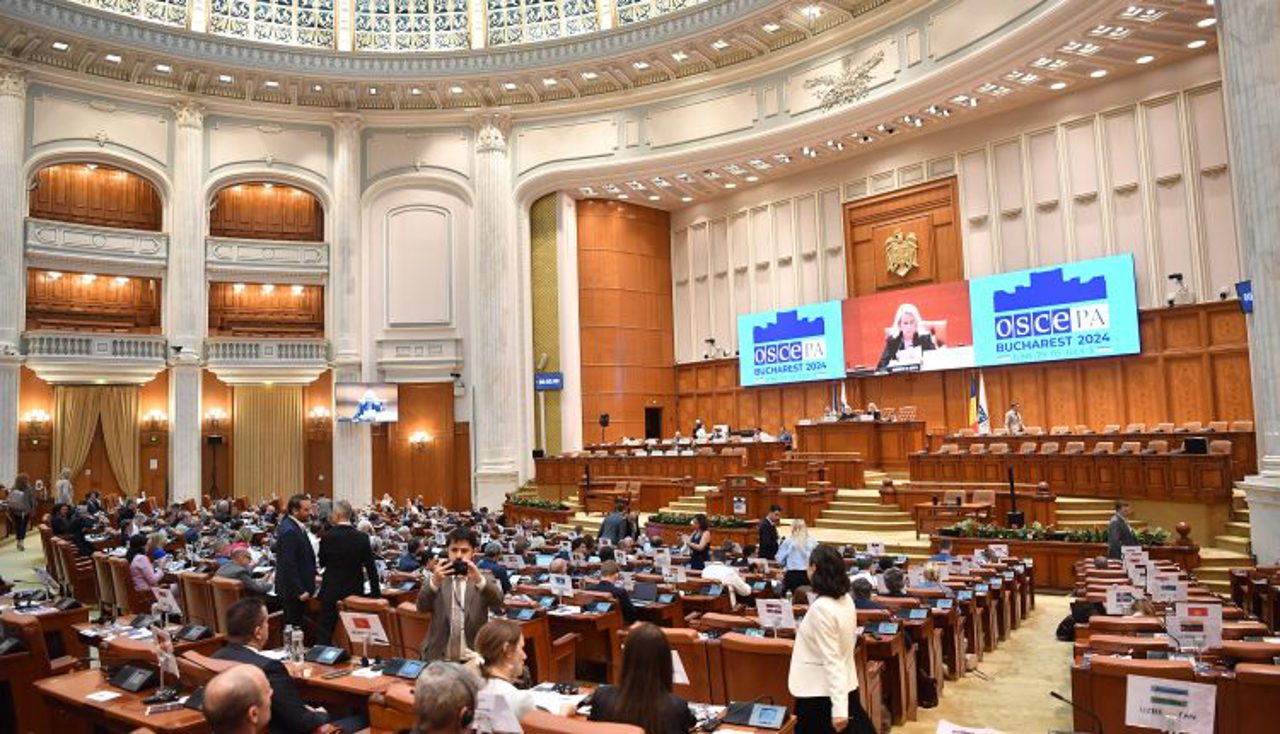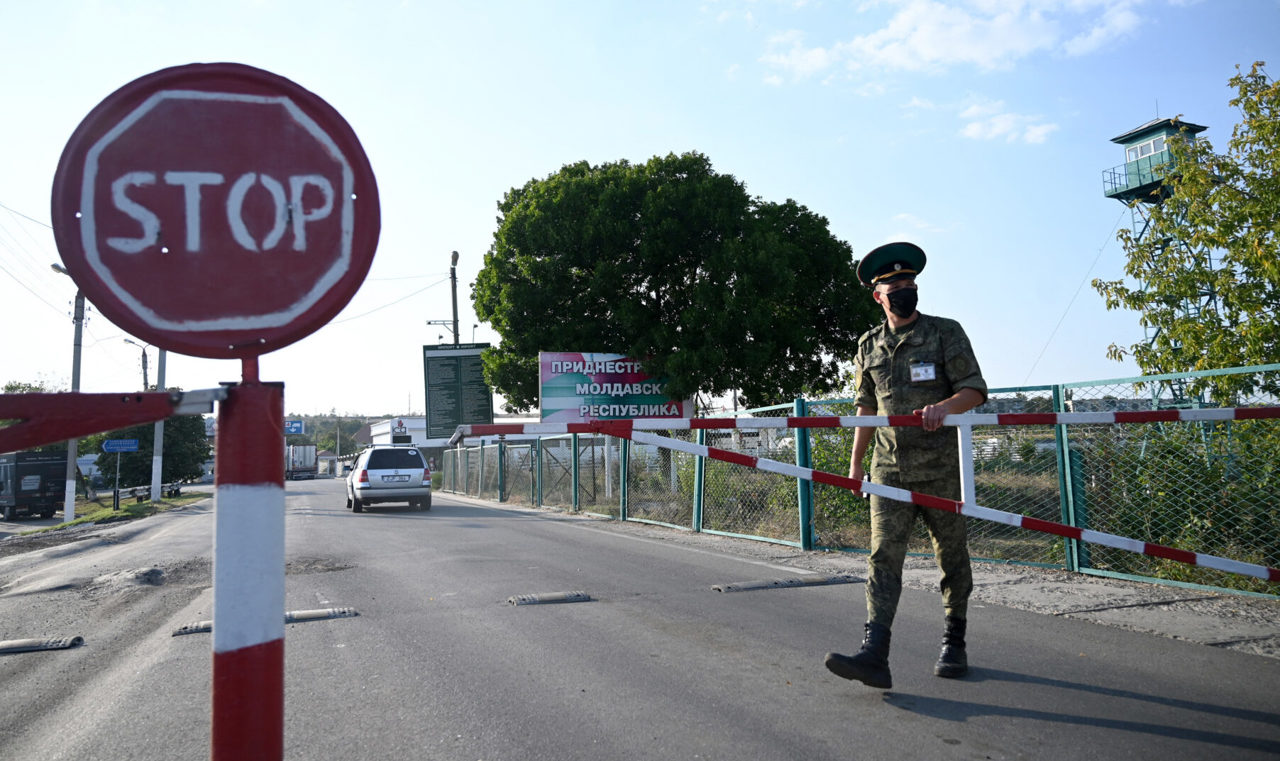The OSCE Parliamentary Assembly welcomes the reforms in the Republic of Moldova and condemns the human rights situation in the Transnistrian region
The Parliamentary Assembly of the Organization for Security and Cooperation in Europe (OSCE PA) welcomes the ambitious reform agenda of the Republic of Moldova. Our country has made progress in anti-corruption reforms, increasing government transparency and improving the business climate, AP OSCE reports. The findings are included in the Bucharest Declaration, adopted today, during the annual Session of the OSCE Parliamentary Assembly.

The document recognizes the fact that the Republic of Moldova is facing a war of aggression on the border and a hybrid war inside the country, characterized by attempts to destabilize the internal situation, by disinformation and propaganda attacks. The statement also states that our country remains one of the states most affected by the consequences of the illegal, unprovoked and unjustified war of the Russian Federation against Ukraine, which continues to seriously violate international law and OSCE commitments, reads a press release from the Legislative in Chisinau.
The OSCE PA encourages the authorities in our country to continue efforts for the Republic of Moldova to become a member of the European Union and to ensure the climate of security and democracy. Also, the OSCE PA expresses deep concern about the deterioration of the human rights situation in the Transnistrian region of the Republic of Moldova and condemns the acts of intimidation and repression that have taken place.
*"The human rights situation in the Transnistrian region, controlled by an unrecognized regime and effectively controlled by the Russian Federation, is still alarming, with numerous violations of human rights and freedoms," reads the document.
It is noted about repressive mechanisms, intimidation and abuse applied to civil servants on the right side of the Nistru, human rights defenders, political and civic activists, journalists, but also about a series of illegal arrests, deplorable conditions of detention, violations of the right to education, freedom of movement and expression, inhuman and degrading treatment, the application of torture, pressure and persecution.
The document also refers to the restrictions applied to schools teaching in the Romanian language in the region, to the restricted access and other conditions applied to farmers who have land in the area, to the restrictions for the activity carried out by the public authorities and civil society representatives in the region.
The work of the 31st annual session of the OSCE Parliamentary Assembly ended in Bucharest on Wednesday. Over 200 parliamentarians from more than 50 states participated.
"One of the topics addressed these days concerns us and is very close to us: it is about the Republic of Moldova. The debates during the Session emphasized the need for the Republic of Moldova to benefit from the support of all OSCE states precisely because this European direction that the current government in Chisinau manages to maintain is under extraordinary pressure from Russia. A separate resolution was also adopted regarding the human rights situation in Transnistria and the need for OSCE structures to continue monitoring the area. It is a distinct resolution. The role of these documents - the Declaration from Bucharest, the distinct resolutions on certain regions (...) is to give arguments in the internal debate in Moldova and in this whole political debate in which Russia invests huge sums, that there is international support for democratic values ”, said Dan Barna, the president of the Delegation of the Romanian Parliament to the OSCE Parliamentary Assembly.
In this context, the OSCE PA reaffirms its support for the authorities of the Republic of Moldova in their efforts to ensure peace, stability and the rule of law throughout the country and calls on the Russian Federation to execute the judgments of the European Court of Human Rights related to the Transnistrian region.
Also on Wednesday, Russia officially announced that it is suspending its participation in the Parliamentary Assembly of the Organization for Security and Cooperation in Europe (OSCE). The State Duma approved a decision by which the country's contribution to this international organization is also stopped, one of the few in which it was still active, after the launch of the large-scale invasion of Ukraine in February 2022. Among the reasons, Russia cited the recent decision of Romania not to allow Russian delegates to participate in the annual meeting of the OSCE Parliamentary Assembly.





